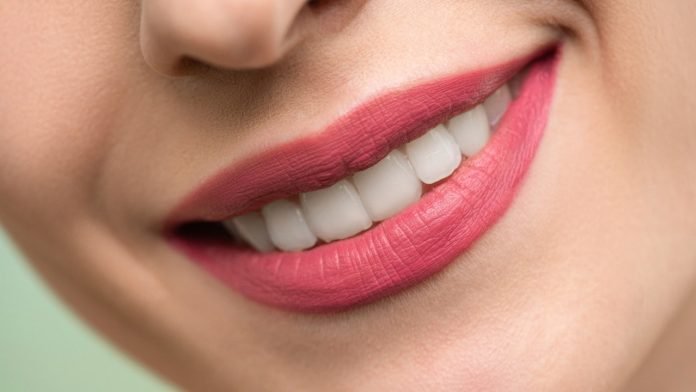
In a study from the Shiga University of Medical Science, researchers found a high-fiber, low-fat diet could improve biomarkers for periodontal disease.
Periodontal disease is related to aging, smoking habits, diabetes mellitus, and systemic inflammation.
However, there remains limited evidence about causality from intervention studies. An effective diet for the prevention of periodontal disease has not been well established.
In the study, the team examined the effects of a high-fiber, low-fat diet on periodontal disease markers in people with a high risk.
Forty-seven volunteers were interviewed for recruitment into the study. Twenty-one volunteers with a body mass index of at least 25.0 kg/m(2) or with impaired glucose tolerance were enrolled in the study.
These people were provided with a test meal consisting of high fiber and low fat (30 kcal/kg of ideal body weight) 3 times a day for 8 weeks and followed by a regular diet for 24 weeks.
Four hundred twenty-five teeth from 17 participants were analyzed.
Periodontal disease markers included probing depth, clinical attachment loss, and bleeding on probing.
The team found strong reductions after the test-meal period, and these improvements persisted until the follow-up period.
Moreover, body weight, HbA1c, and high-sensitivity C-reactive protein levels showed improvement after the test-meal period.
The findings suggest that treatment with a high-fiber, low-fat diet for 8 weeks can effectively improve periodontal disease markers as well as metabolic health.
For more information about how to treat gum disease with diet, please check this video:
If you care about tooth health, please read studies about mouthwash that may increase your tooth damage, and findings of common tooth disease that may increase risks of dementia.
For more information about health, please see recent studies about new causes of tooth decay and gum diseases, and results showing how to stop tooth decay before it starts—without killing bacteria.
The study is published in Nutrition Research and was conducted by Keiko Kondo et al.
Copyright © 2022 Knowridge Science Report. All rights reserved.



